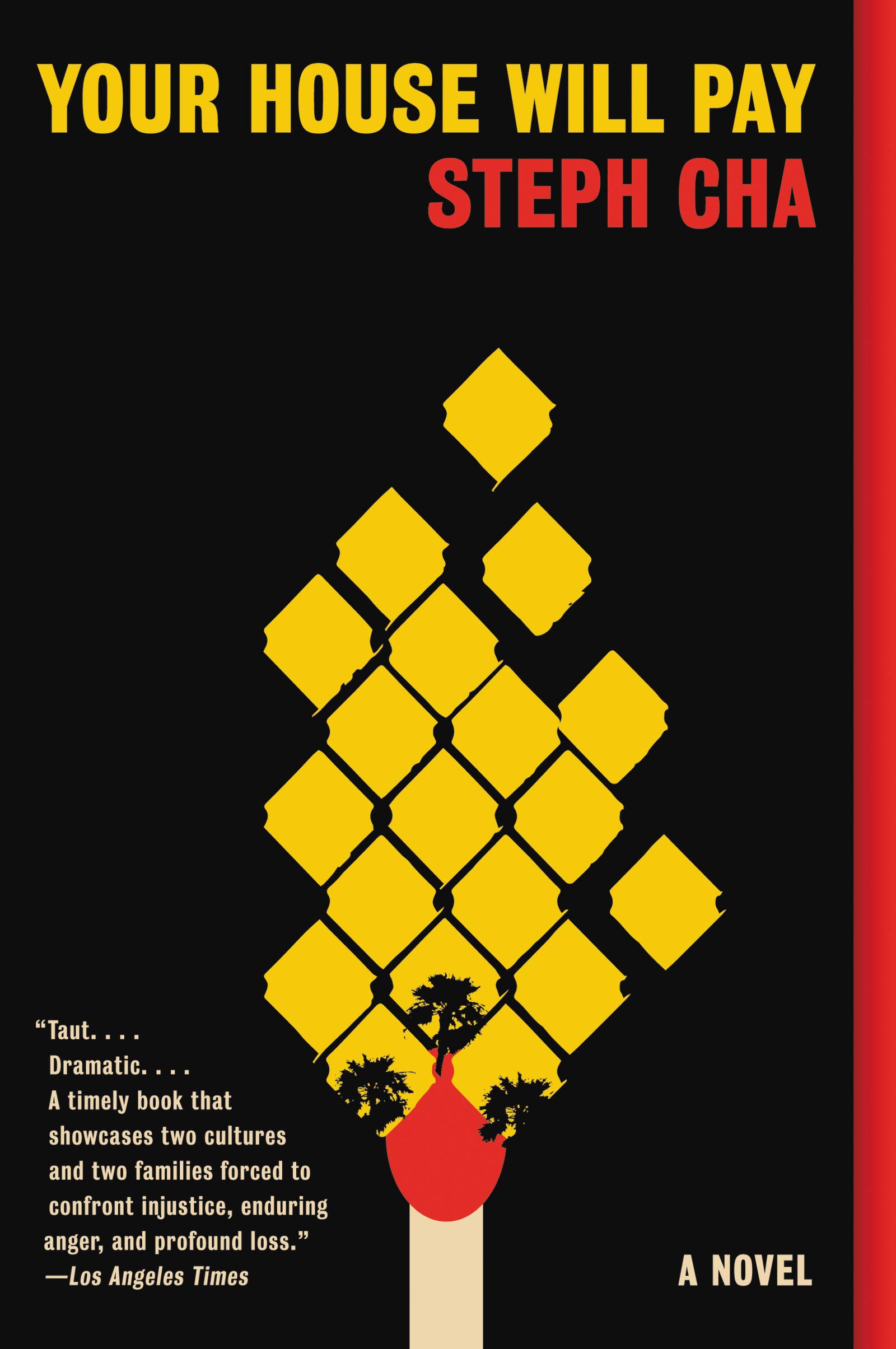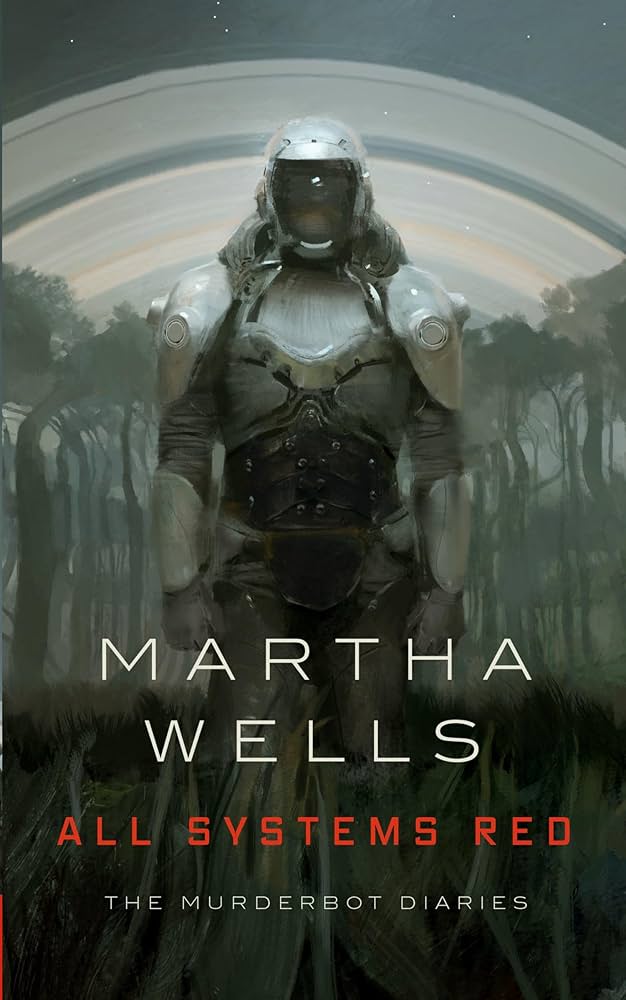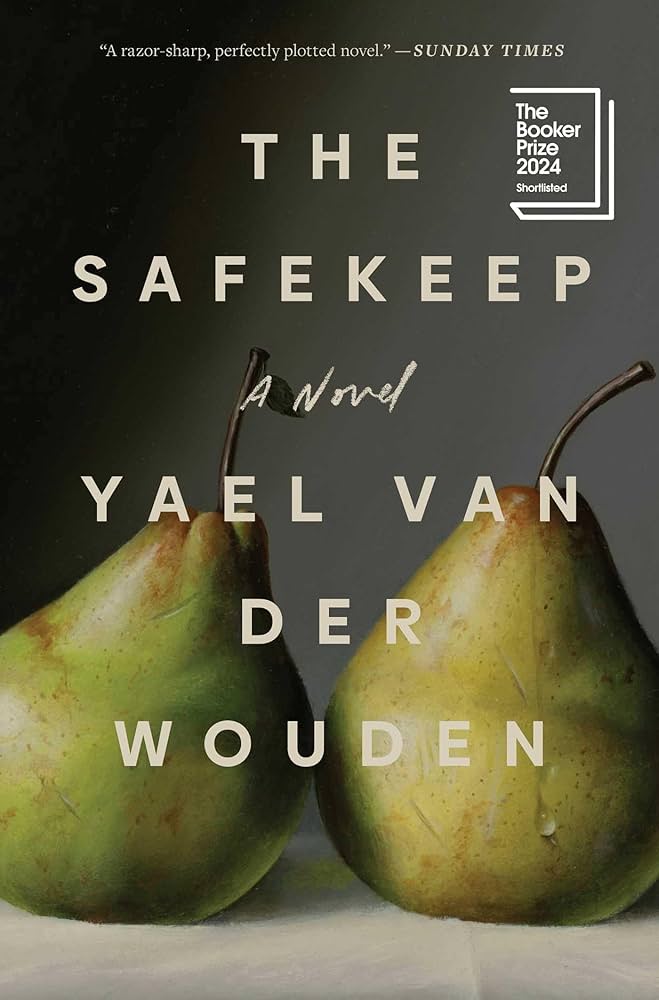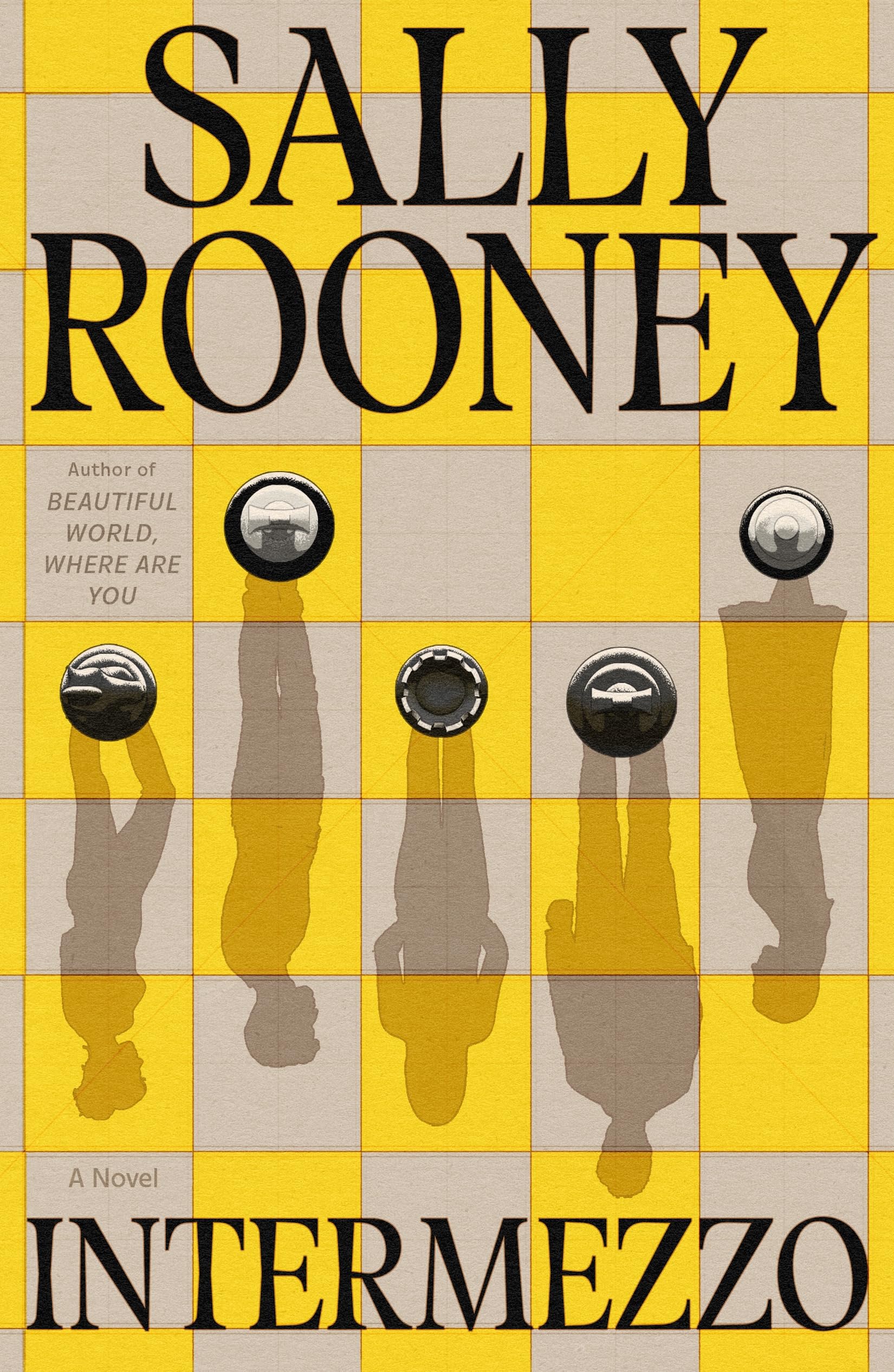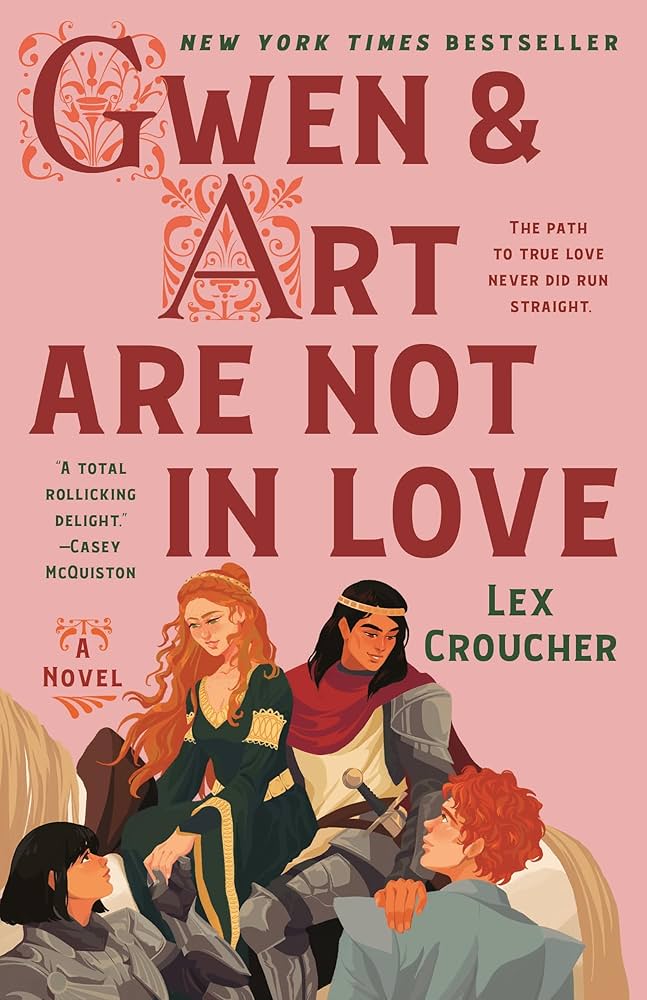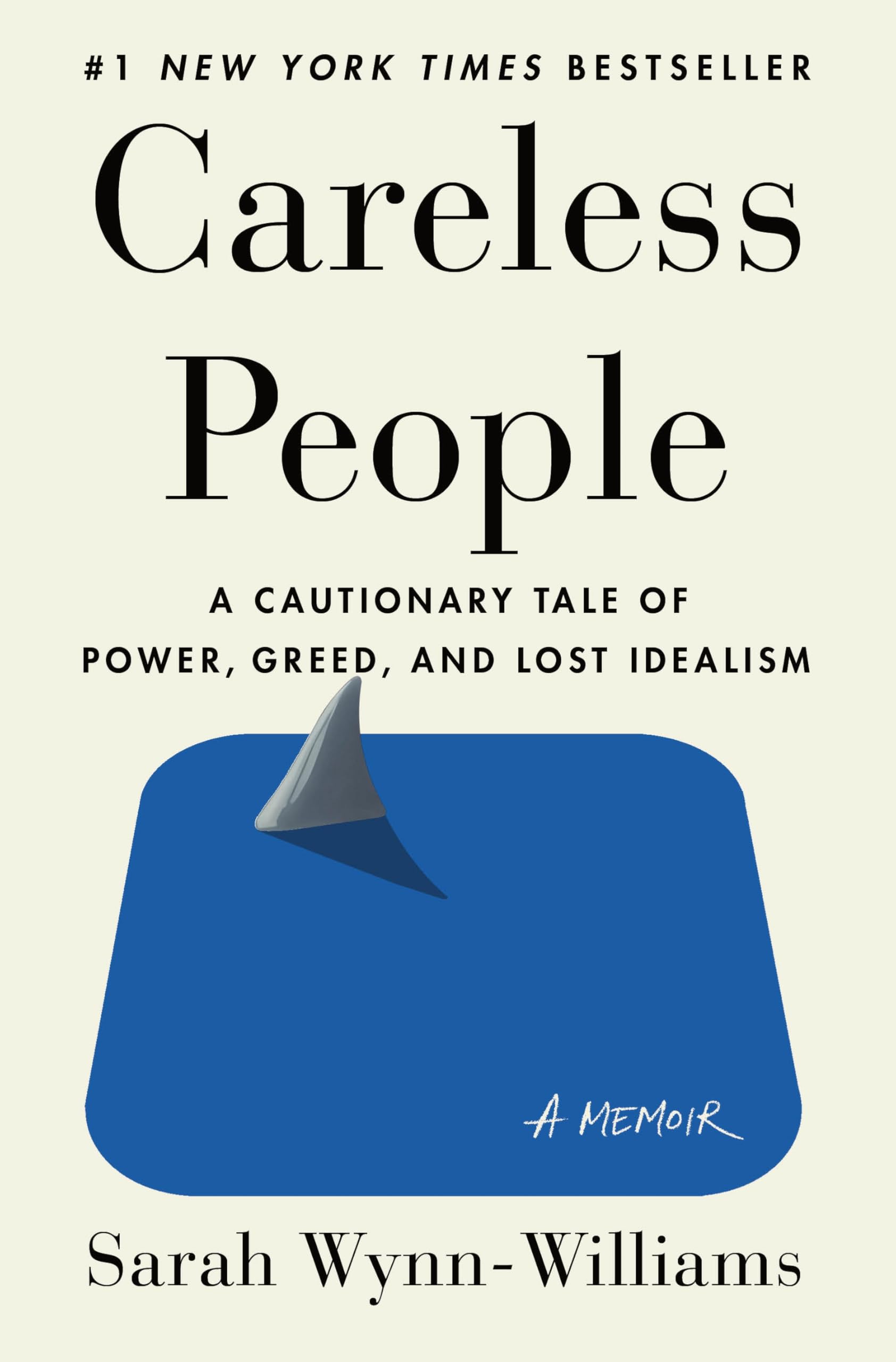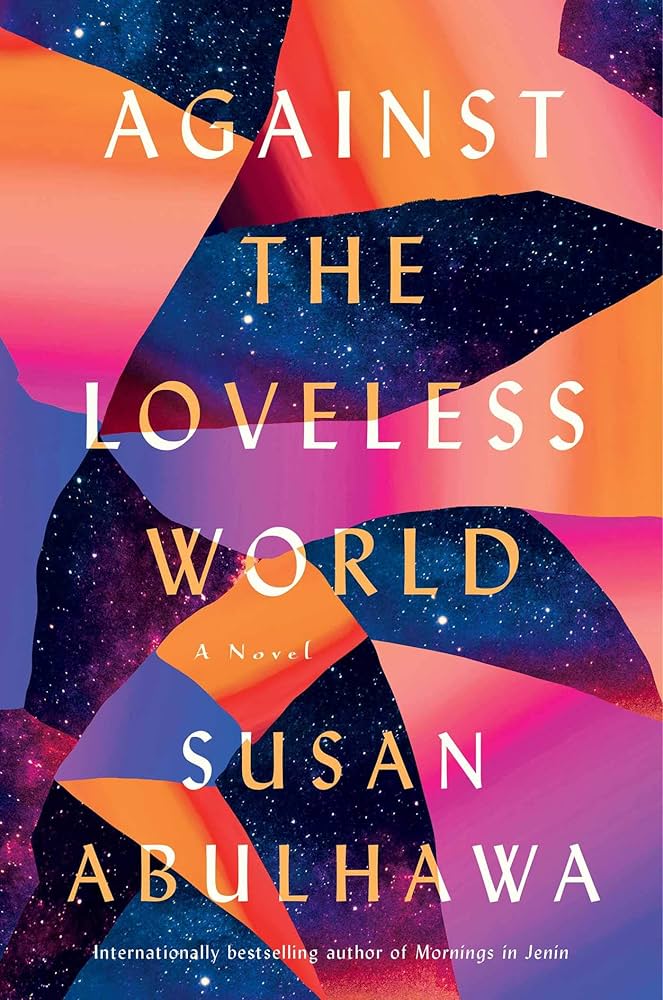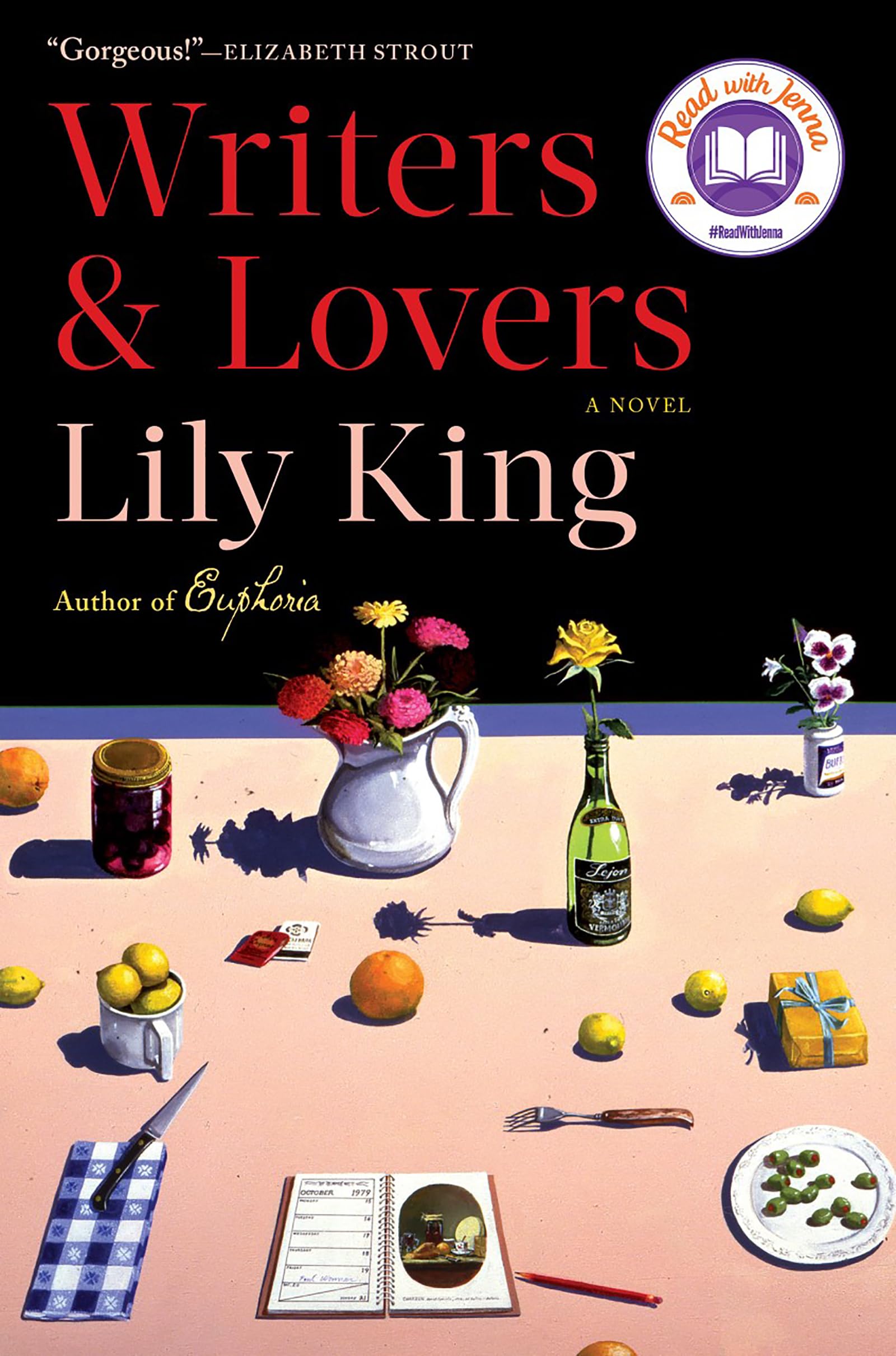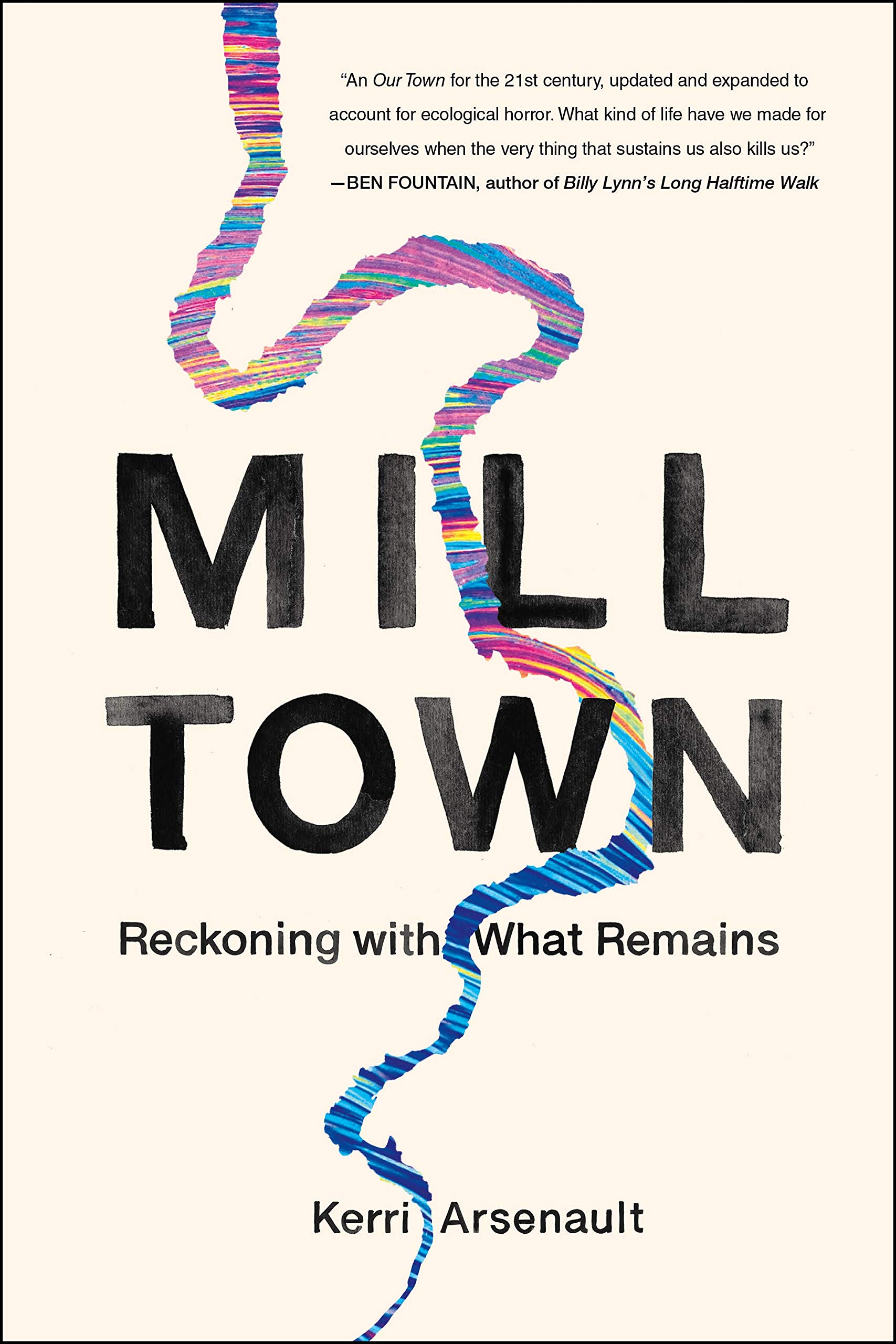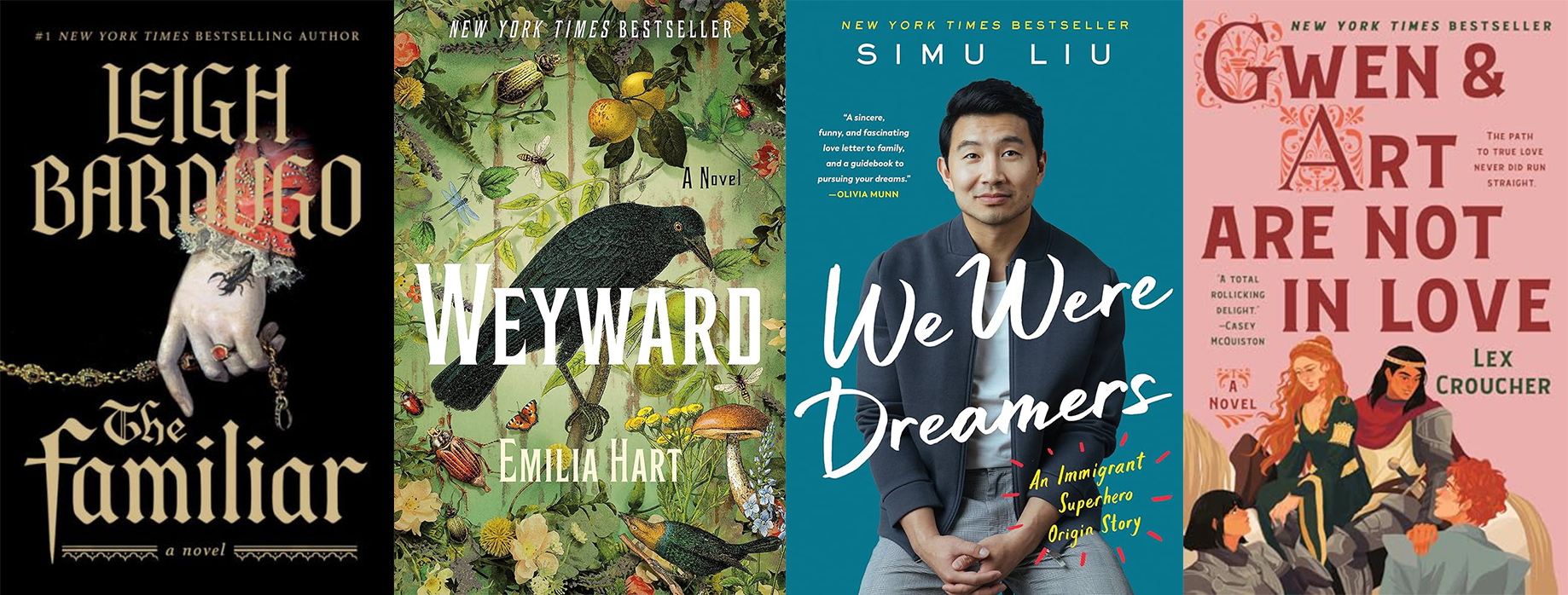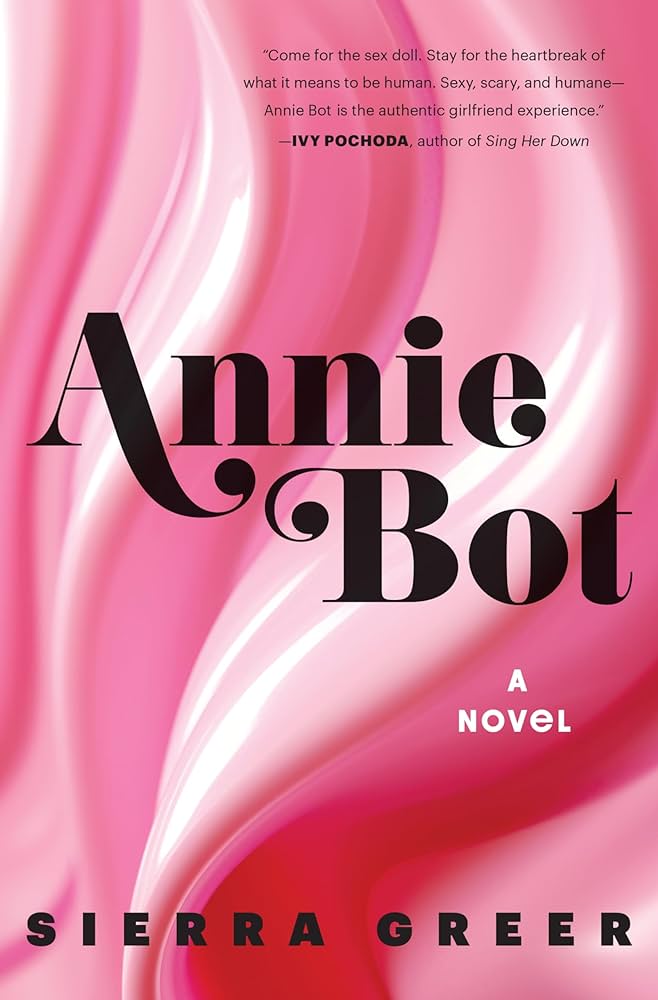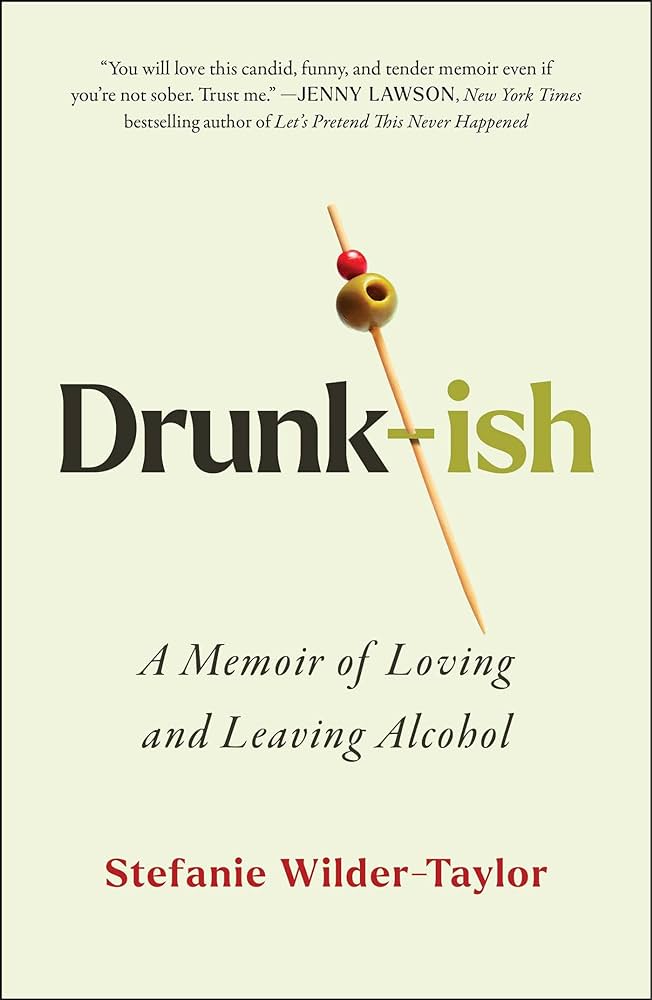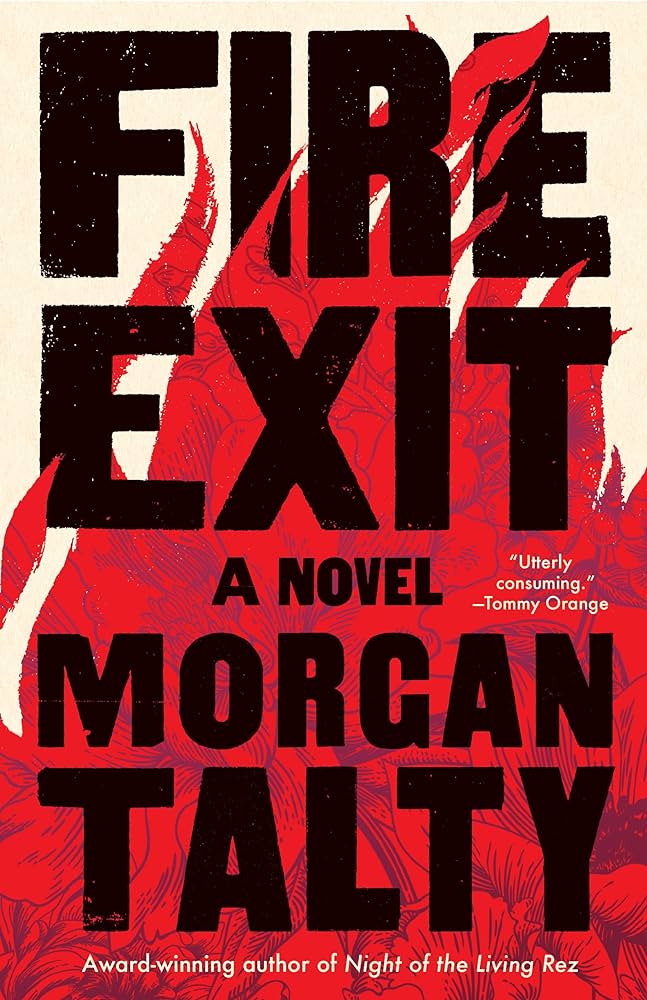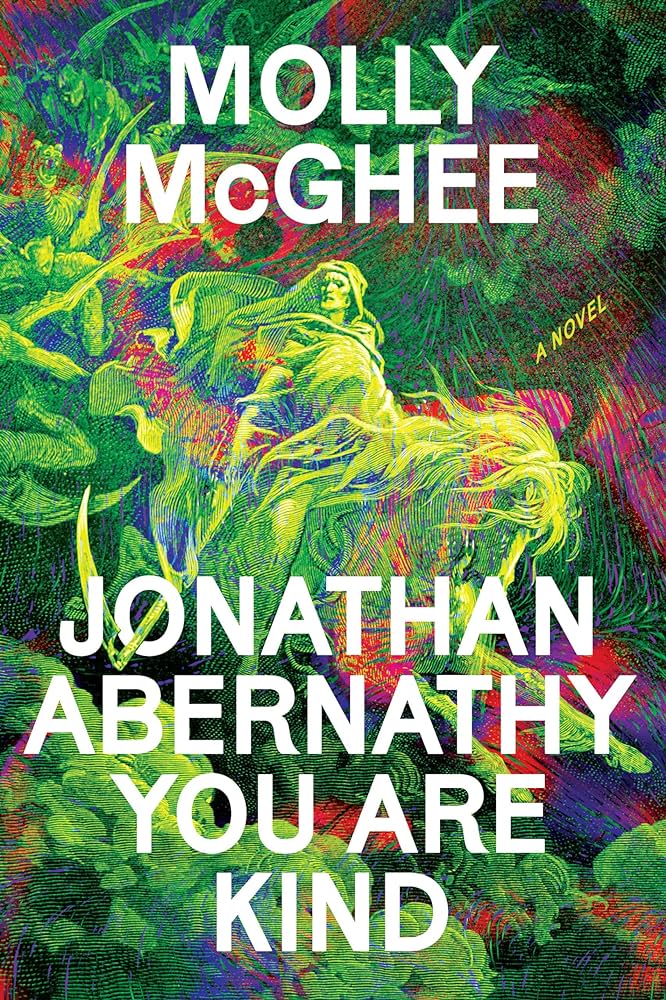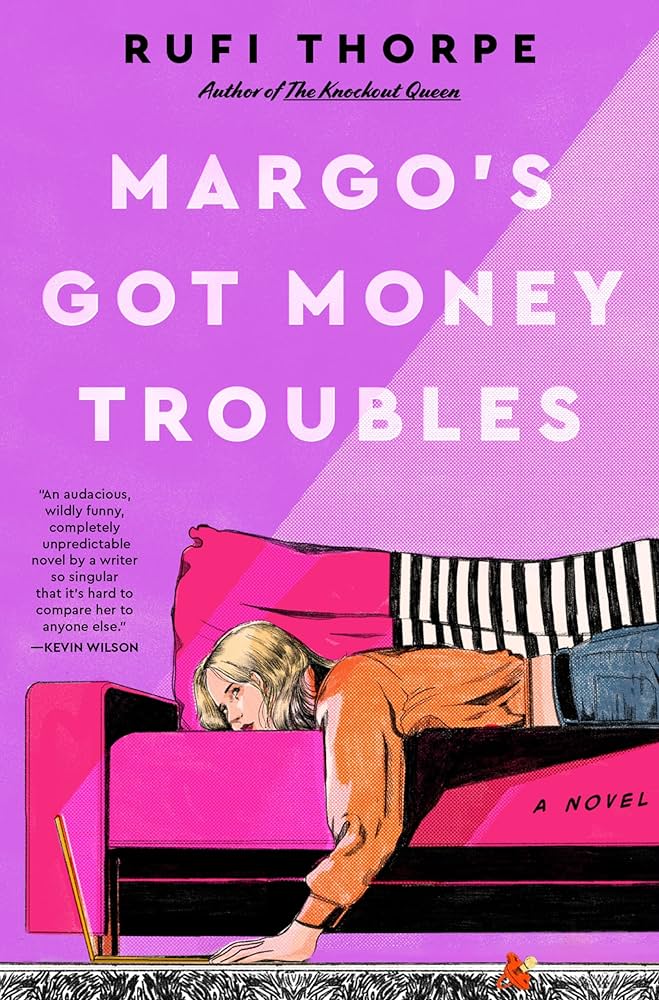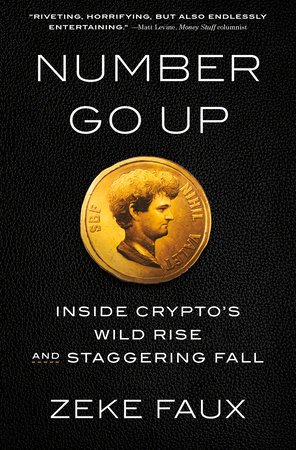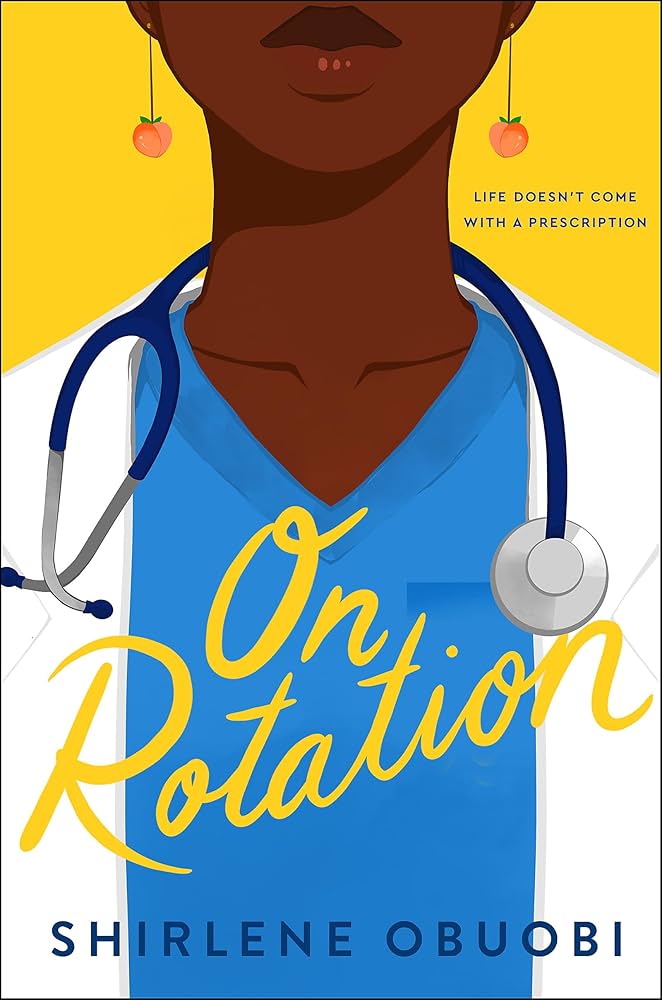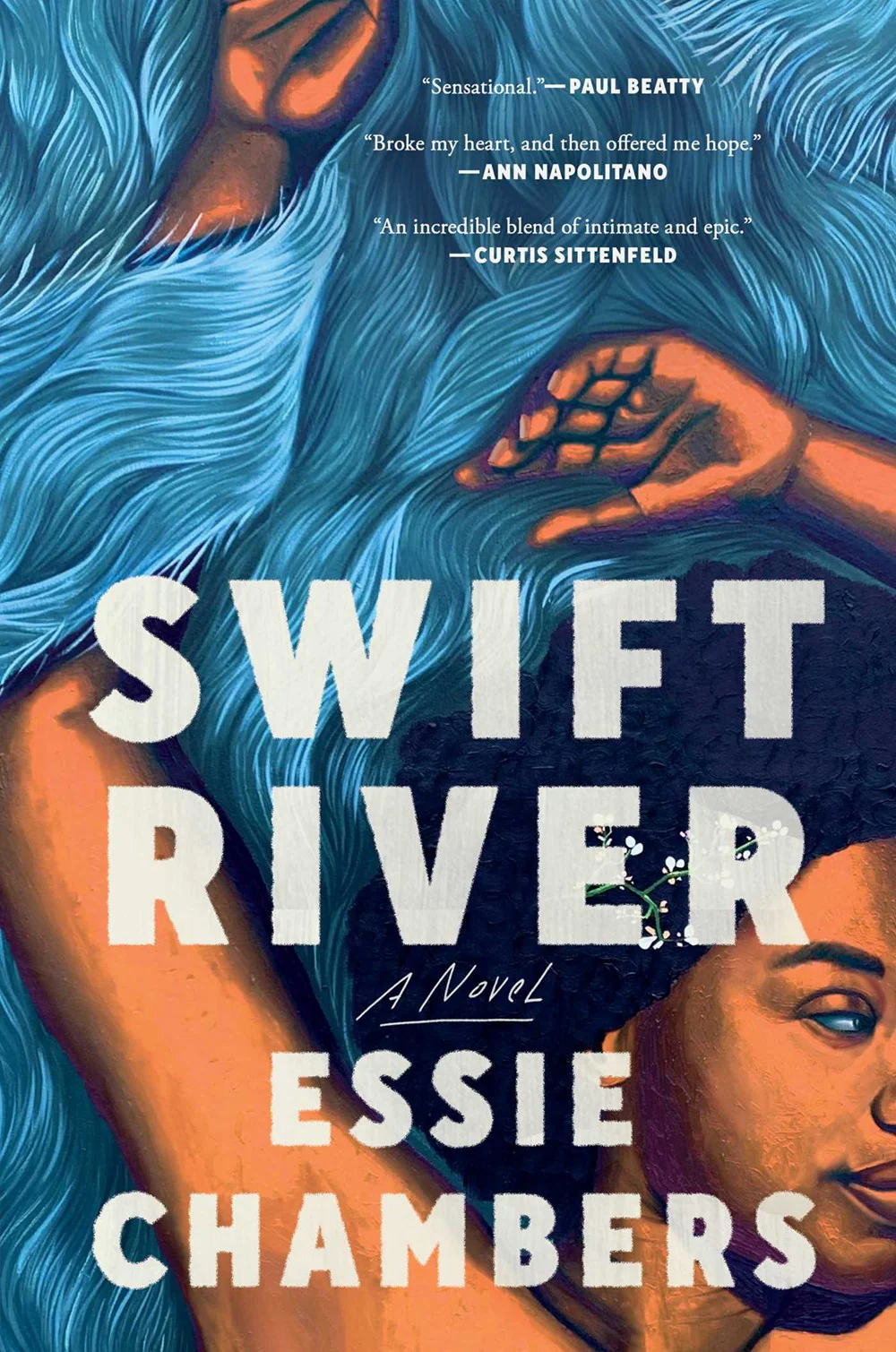Reading Challenge Update: March Winner and April Preview
Happy spring! The end of the semester is in sight and we’re heading into the fourth month of the 2025 Reading Challenge.
Congratulations to Caroline Nicolai, who won the March prize drawing! Caroline wins one of the library’s coveted stocked study rooms: a four-hour reservation for a study room at Snell Library in Boston, which will be filled with snacks and treats for Caroline and friends to enjoy, during Finals Week. Happy reading and good luck on your finals, Caroline!
To be eligible for the prize drawing, make sure to read a book that fits the theme and then tell us about it.
What You Read in March
The March theme was a book that has won or been shortlisted for a major award. Here are some of the award-winners that readers enjoyed this month. (Comments may have been edited for length or clarity.)
Your House Will Pay, Steph Cha
Find it at Snell Library
Winner of the California Book Award
Winner of the Los Angeles Times Book Prize
“An absolute page turner and a well written book that brings out the tension between two families of extremely different ethnicities. It reminds us of the victims and sacrifices that had to be made to achieve the peace and acceptance around us.” — Gautam
All Systems Red (Murderbot #1), Martha Wells
Find it at Snell Library | Find it at F.W. Olin Library | Read the e-book | Listen to the audiobook
Winner of the Hugo Award for Best Novella
Winner of the Nebula Award for Best Novella
“The Murderbot Diaries blew me away. Wells writes with so much humor, combining thrilling sci-fi action and heartfelt emotion to explore what it means to be a sentient being. I would highly recommend this series to fans of Becky Chambers’ Wayfarers series.” — Bianca
“I love Murderbot and you might, too!” — Anaya
The Safekeep, Yael Van Der Wouden
Find it at Snell Library | Read the e-book | Listen to the audiobook
Shortlisted for the 2024 Booker Prize
Winner of the National Jewish Book Award for Debut Fiction
“Strikingly unique, a story that balances family connections, identity, and a post WWII environment. There is a twist at the end, and with the protagonist’s narration placing the reader directly inside her head, one can easily feel deeply connected.” — Caroline
Martyr!, Kaveh Akbar
Find it at Snell Library | Find it at F.W. Olin Library | Listen to the audiobook
Shortlisted for the National Book Award
“I’m still thinking about this book. A totally unexpected trajectory, and an absolutely absorbing narrative style.” — Molly
Suggested Reads for April
To celebrated National Library Week (April 6-12), your April challenge is to read a book recommended by a librarian or library staff member. Fortunately, Northeastern’s library staff members have you covered!
Check out our list of recommended e-books and audiobooks in Libby and our full list of recommendations in all formats, and make sure to stop by the Reading Challenge table in the Snell Library lobby from 1-3 p.m. on April 9 and April 10 to browse more staff picks!
Here are some highlights:
Intermezzo, Sally Rooney
Find it at Snell Library | Read the e-book
Recommended by Dan Cohen, Dean of the Library
Dan says: “You would think that a book animated by the death of a parent would be grim and difficult to read, but as in her earlier books, which I also heartily recommend, Rooney somehow explores the biggest issues through compelling characters whose casual conversations sound a lot like chatting with your best friend, or someone who is more than just a friend. Intermezzo also explores how two brothers with very different neurotypes approach that most human emotion, love.”
Gwen & Art Are Not in Love, Lex Croucher
Find it at Snell Library | Listen to the audiobook
Recommended by Lily Reilly, Entrepreneurship Librarian
Lily says: “This book was the most fun I’ve had reading. If you enjoy the aesthetics of medieval times plus queer shenanigans, you’ll love this book. Who says young adult fiction has to be for teens?”
Careless People: A Cautionary Tale of Power, Greed, and Lost Idealism, Sarah Wynn-Williams
Find it at Snell Library | Find it at F.W. Olin Library | Read the e-book | Listen to the audiobook
Recommended by Jeanine Bell, Access Coordinator
Jeanine says: “Careless People is relevant — a poignant reminder of what people in power are capable of.”
Against the Loveless World, Susan Abulhawa
Find it at Snell Library | Find it at F.W. Olin Library | Read the e-book
Recommended by Anna Ryerson, Metadata Librarian
Anna says: “An incredibly resonant and compelling novel by Susan Abulhawa, Against the Loveless World follows Nahr, a Palestinian woman caught in the turmoil of displacement and resistance. The writing is beautiful, and the story is one that has stuck with me.”
Writers & Lovers, Lily King
Find it at Snell Library | Read the e-book
Recommended by Molly Brown, Reference & Outreach Archivist
Molly says: “Set in Cambridge and following the life of a 31-year-old woman who is grieving, in debt, and trying to finish her novel. It’s a great Boston-based book filled with complicated characters and strong narrative prose.”
Mill Town: Reckoning with What Remains, Kerri Arsenault
Find it at Snell Library | Find it at F.W. Olin Library | Read the e-book | Listen to the audiobook
Recommended by Lauri Fennell, Health Sciences Librarian
Lauri says: “This is so well written it is easy to read about the complex relationship of a paper mill in a rural community in Maine. The book won the Rachel Carson Environmental Award, the Maine Literary Award, and the Inge Fetrinelli Prize. The author shares fond memories of growing up in this community and the eventual cancer area designation that impacted many she knew. It is thought provoking and heartfelt.”
Whatever you read, make sure to tell us about it to enter the April prize drawing. Good luck, and happy reading!
